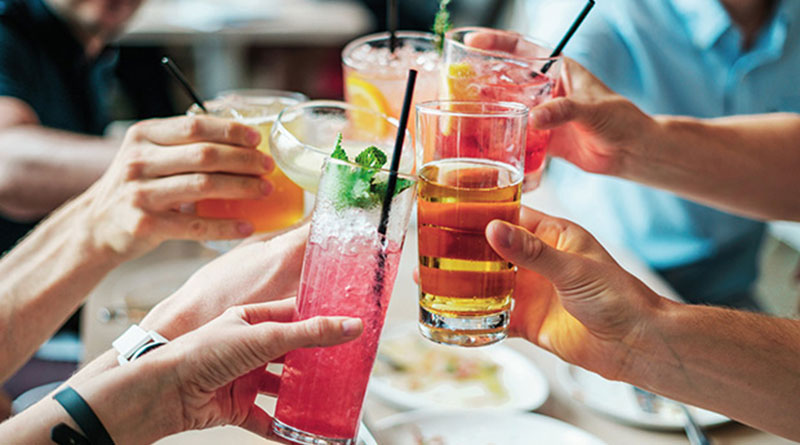Drinks Promotions May Not be the Way to Increase Profits

In recent weeks, restaurant chains and pubs have separately come under fire for ‘bottomless’ alcoholic drinks promotions, showing it is time hospitality brands look elsewhere for promotional offers, says GlobalData.
According to the data and analytics company, rising costs, strict regulations, and growing health trends are all making the marketing of alcoholic drinks less viable for the industry in the UK.
Hannah Cleland, Foodservice Analyst at GlobalData, comments:
“Historically, the UK has always had a strong drinking culture but increased regulatory pressures and the high costs of licenses and taxes adding to inflation are making alcohol offers a difficult proposition. Whether fairly or unfairly, restaurants and pubs being penalized for their ‘bottomless’ offers raises questions over if it is still worth using alcohol promotions to get customers through the door.”
That isn’t to stay that alcohol doesn’t still hold an important place in the experiential aspect of dining out and continues to be a profitable aspect of brand repertoires. However, in economically uncertain times, brands should look to play it safe by shifting the emphasis of their marketing towards food and non-alcoholic beverages.
GlobalData’s 2022 Q3 consumer survey reveals that 49% of consumers in the UK reported being always or often influenced by how a product or service affects their health and wellbeing, so brands should take advantage of the demand for healthier options. The growing no and low alcohol market is a key area brands can attract so-called ‘sober curious’ consumers.
Cleland adds: “In recent years alcohol alternative beverages have become more innovative in their formulations, with the likes of Three Spirit and Seedlip offering up complex and sophisticated products. Consumers looking to avoid or limit alcohol intake now expect high quality products that can simulate the sociable and ‘adult’ aspect of drinking alcohol.”
According to GlobalData’s 2022 Q2 consumer survey, 48% of Brits said alcoholic drinks with no/low alcohol were very or somewhat appealing, but the market still feels largely untapped on trade in the UK. Operators in the country can take inspiration from other regions such as Asahi’s Sumadori bar in Japan and Dan Murphy’s zero-alcohol bar in Australia, which both exclusively serve up a range of alcohol alternative beverages including ‘mocktails’. These examples demonstrate the potential for no and low alcohol as a more commonplace alternative to drinking outside the home.
Cleland concludes:
“In the run-up to the festive season, alcoholic drinks offers, promotions, and discounts will be a tempting way for brands to encourage sales. However, thinking outside the box with alternative offerings could prove beneficial and help brands to stand out from competitors.”
